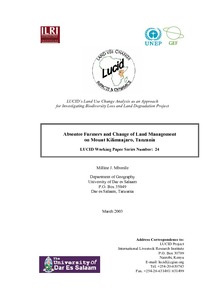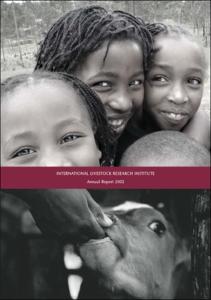Factors contributing to the marginalization of shifting cultivation in north-east India: micro-scale issues
Shifting cultivation, locally known as jhum, is the predominant agricultural practice for most communities inhabiting the uplands of north-east India. The negative impacts of the practice on forest and biological resources, soil erosion and land degradation have been a serious concern for several decades now to administrators and planners as well as to the academic community. In the current context, the practice has undergone drastic changes and has become increasingly unviable, gradually leading to the marginalization of farmers practising it.








